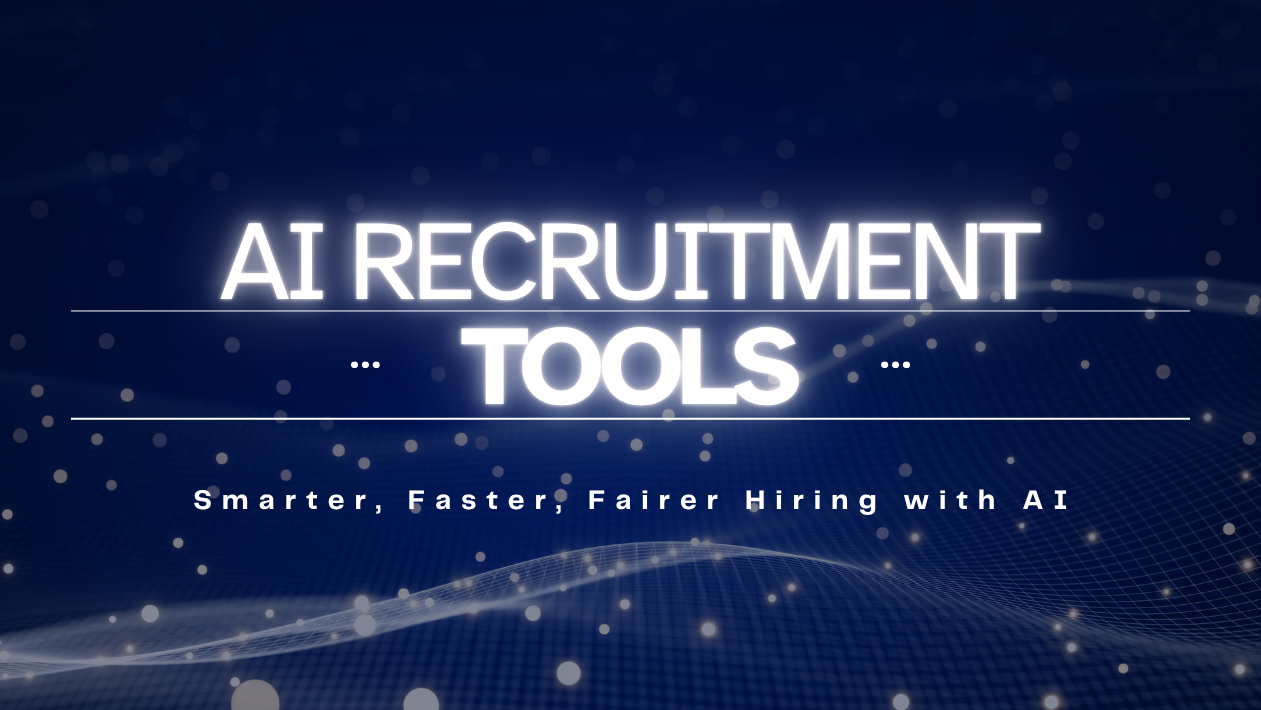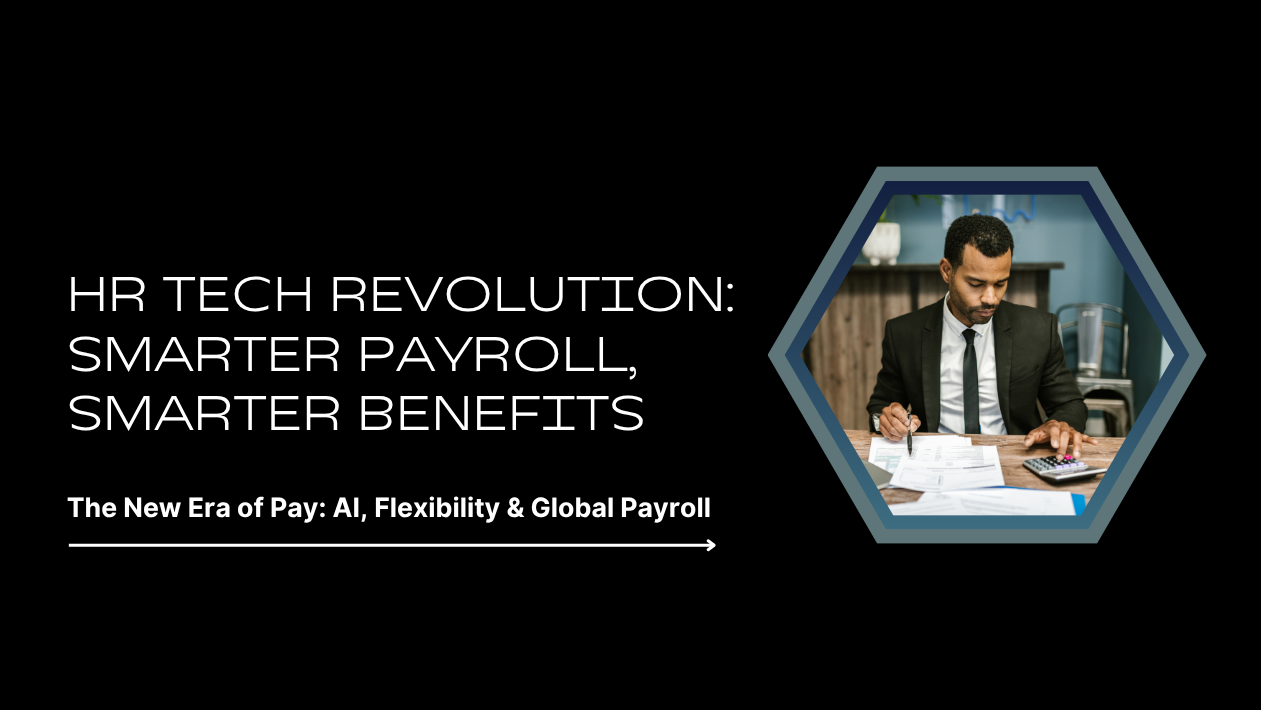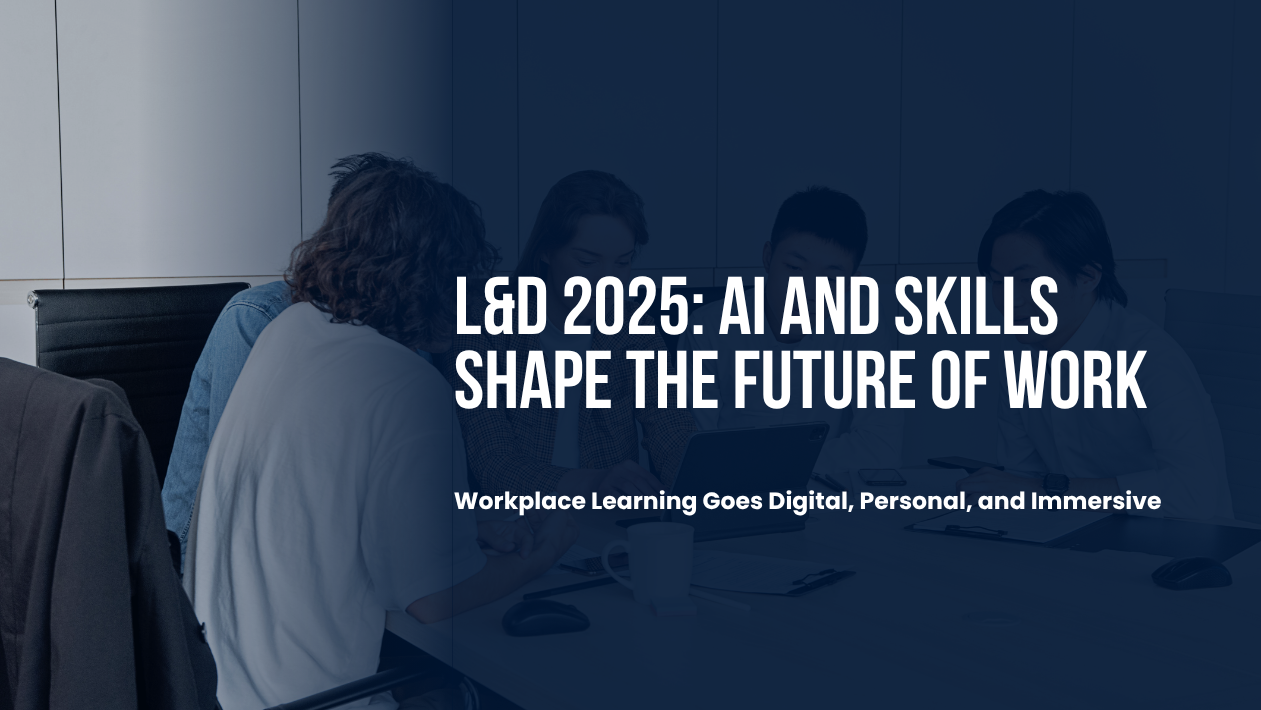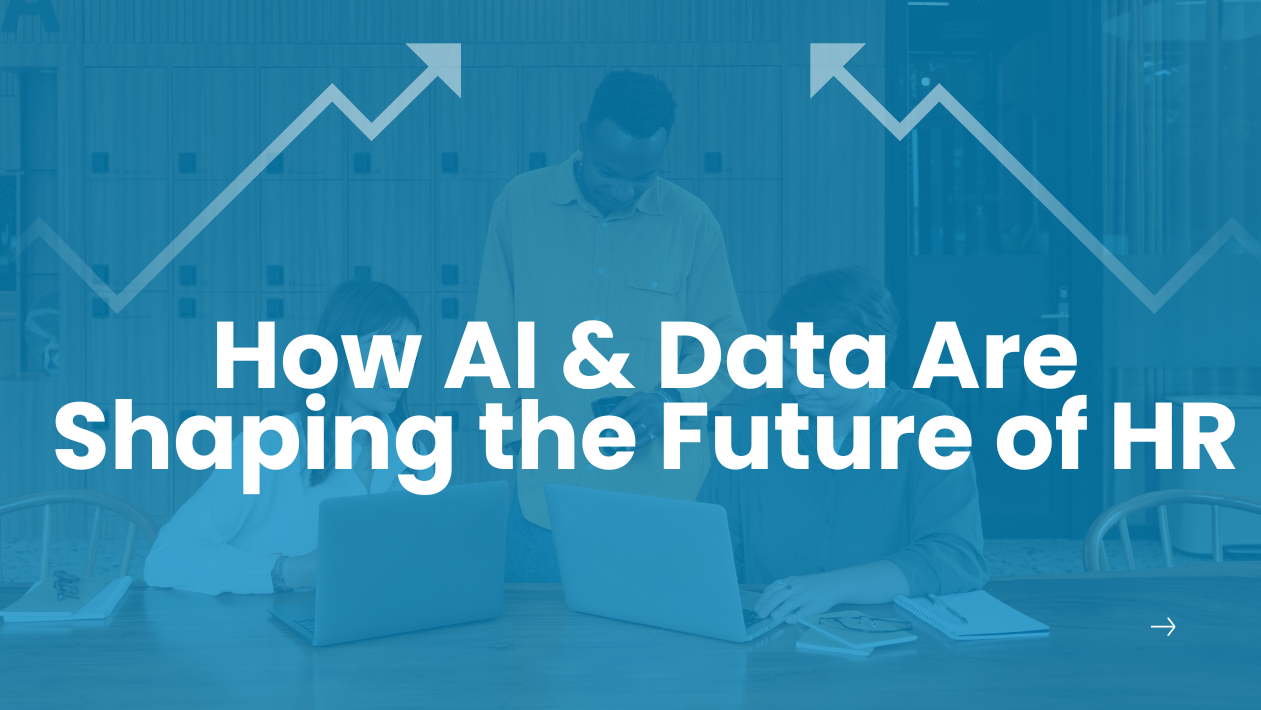As businesses adapt to evolving work models in 2025, employee engagement is no longer just a human resources concern—it’s a core business strategy. From AI-powered feedback tools to wellness-centered leadership, organizations are reinventing how they connect with, support, and retain their people.
Hybrid Work Demands Human-Centered Engagement
With hybrid and remote work now normalized, engagement strategies have shifted toward flexibility, autonomy, and meaningful connection. Companies are focusing on building trust, maintaining clear communication, and creating inclusive digital cultures where every employee feels heard.
AI and Analytics Power Real-Time Engagement Insights
Next-gen platforms like Workhuman, Glint, and CultureAmp use AI to gather real-time feedback, analyze employee sentiment, and deliver actionable insights to leadership. This data-driven approach helps managers tailor recognition, reduce burnout risks, and strengthen team morale.
Wellbeing Becomes a Strategic Priority
Mental health and emotional well-being are now at the center of engagement strategies. Businesses are offering mental health days, personalized wellness programs, and on-demand counseling as standard employee benefits. The goal: a more resilient and fulfilled workforce.
Recognition and Purpose Drive Motivation
Employees are seeking more than just a paycheck—they want purpose, growth, and appreciation. Companies are investing in peer-to-peer recognition platforms, values-based reward systems, and transparent career development paths to help employees feel valued and aligned with company missions.
The Future of Engagement is Continuous
Annual engagement surveys are being replaced by weekly pulse checks, employee journey mapping, and personalized coaching. These modern tools are enabling HR teams to stay ahead of disengagement and foster continuous improvement in workplace experience.





